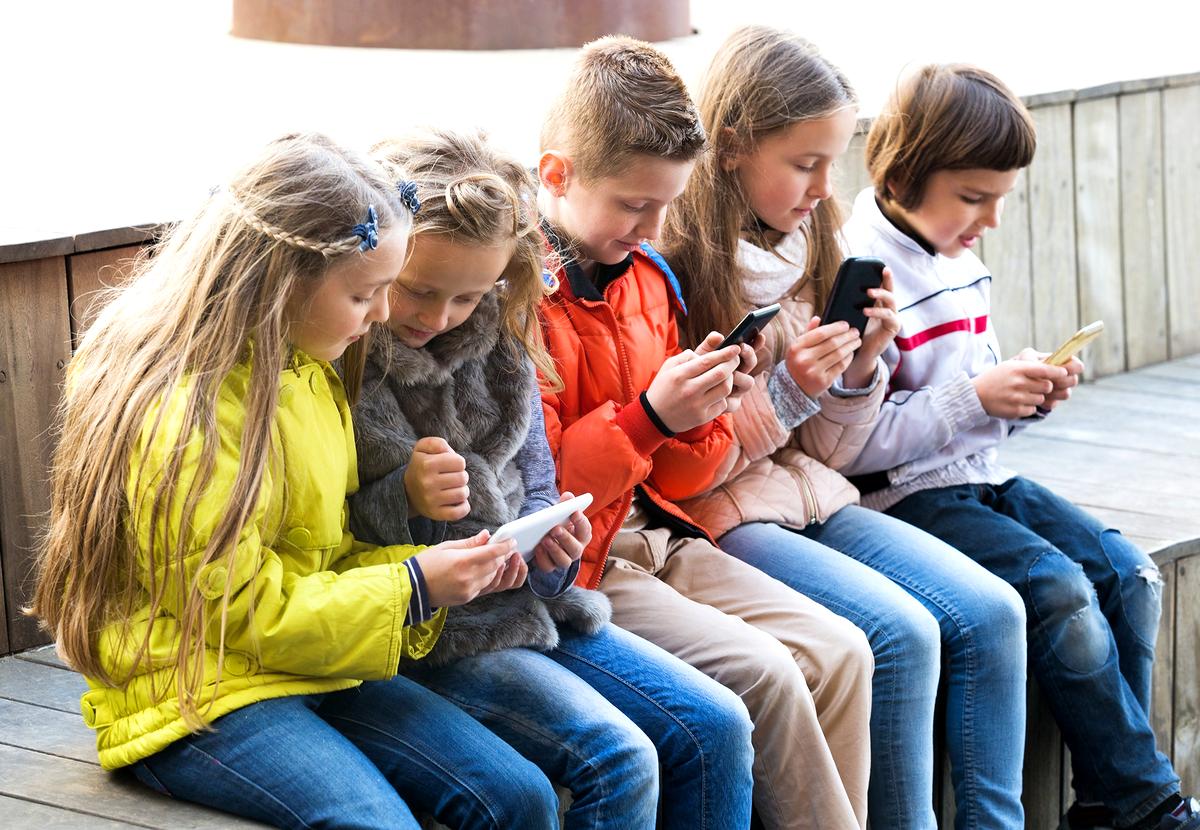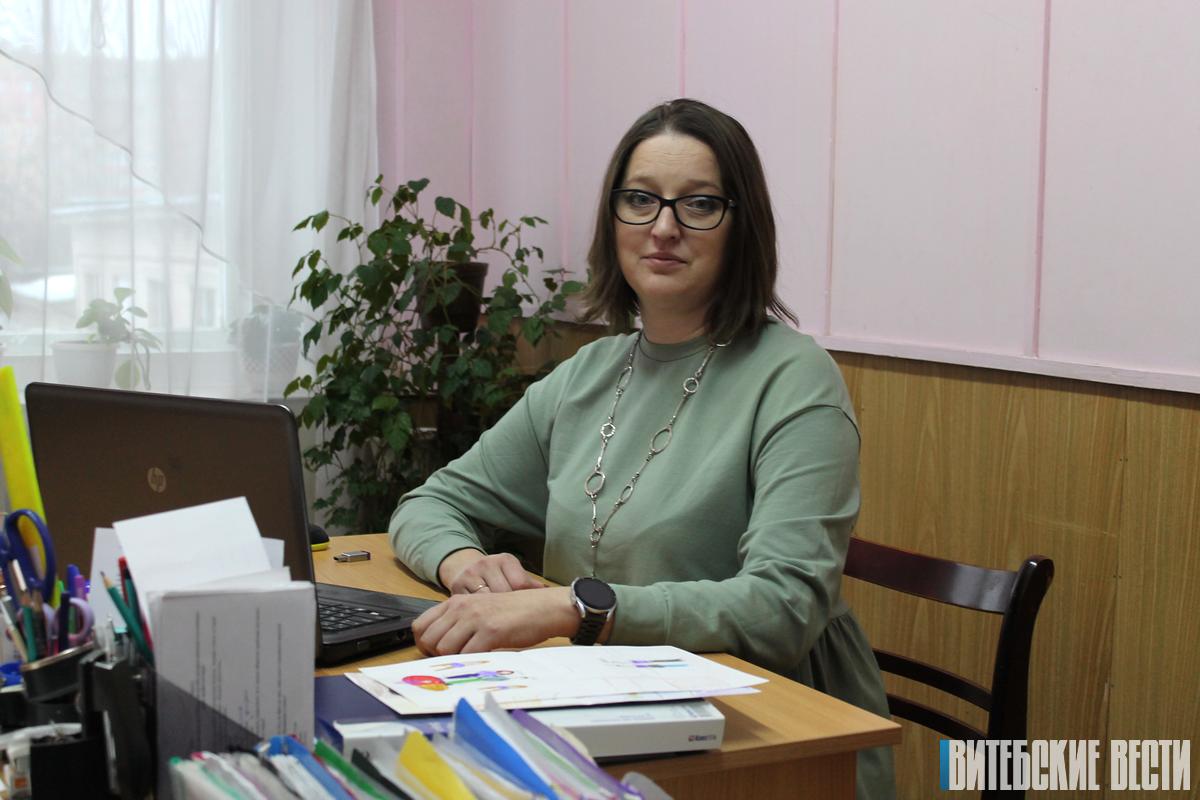- Address:
10 Korotkina Street, Shumilino, Vitebsk Oblast, 211259, Belarus
- Phone:
8 (02130) 4-10-45
How are the younger generation friends? We found out from an expert
Current parents are at a loss: on weekends, children stay at home, do not invite their peers to visit, even for birthdays, live communication is replaced by gadgets. Has the younger generation forgotten how to be friends? Or does it just seem to adults? The correspondent of "BB" talked about this with Anna Pligovka, a teacher-psychologist at Vitebsk secondary school No. 28 named after E. Zenkova.

Communication by interests
The older generation remembers how in childhood the doorbell rang, a friend stood on the threshold and, with the approval of your parents, you were carried away together into an amazing world of adventures. Exchanging calendars and gum liners, playing ball, building a hut out of blankets and branches, digging up treasures in the sandbox – in each of these pleasant memories there are certainly yard and schoolmates.
– Apparently, parents will have to accept that the world has changed, the childhood of today's children is completely different, and they are friends in a different way – more superficially, – says Anna Pligovka. – Children are often united only by the fact that they happen to be in the same territory: they go to the same class, live next door. At the same time, they may not have common interests at all.
According to the psychologist, even just having the opportunity and time to communicate with peers is already a luxury for a modern child. Most of the guys lead lonely and very busy lives. They can communicate with other children at school during recess or during special play meetings organized by parents.
– The role of parents is to respect their attempts to show independence, – the specialist emphasizes. – The most successful behavior of adults is not to try to find out all the children's secrets, but also not to seem indifferent.

Bully, are you healthy?
The psychologist reminds that teachers do not take phones from children during their studies out of harmfulness. This not only eliminates unnecessary temptations to be distracted in class, but also pushes students to communicate live during recess. Looking up from smartphone screens, children remember about outdoor and board games, learn to build personal relationships and share emotions with each other.
– Teachers, in turn, make a lot of efforts to ensure that a comfortable microclimate prevails in each classroom, – says Anna Pligovka. – Children who are not accepted in the team, or those who themselves conflict with their peers, are diagnosed by a psychologist or other specialized specialists. After identifying the cause of this situation, corrective work is carried out.
The interlocutor reminds that sometimes the aggressive attitude of a child can be a consequence of health problems. For example, the reason for the intransigence of one school bully was an enlarged thyroid gland. In this pathology, unmotivated aggression is a common thing. As a result of treatment by an endocrinologist, the child's mood returned to normal and he stopped having difficulty communicating.
Anna Pligovka reminds that everything has its time. You should not worry if your son or daughter does not have a friendship yet. The tension of the parents about this is transmitted to the child, and it is even more difficult to establish contacts in a state of anxiety.

One wish is not enough
According to the psychologist, adults can certainly teach the younger generation the ability to contact people, understand and respect their needs, be aware of their emotions and manage them. Simply put, to be friends.
10 Tips for Finding Friends:
- Communities of interest. In a circle of like-minded people, friendship is established faster.
- Teach children to open up in friendship without fear of being abandoned.
In addition, it is necessary for the child to understand how wide a circle of communication is convenient for him. If there are few friends, this is also a variant of the norm. - Friendship is not created by the power and desire of adults. We need to let the children build their own friendship.
- Do not interfere with the choice of friends. In a harmonious relationship, there are no leaders, no subordinates, no victims. If you notice an inequality, calmly explain clearly that this is wrong.
- Use your example to show the positive sides of friendship. Do not speak ill of your comrades, show mutual assistance and support. The younger generation should see that such communication brings joy and benefits.
- Pay attention to the lack of friends at any age, connect psychological help.
- Family relationships can be kind and trusting, but they are not a substitute for warm communication with peers. A child cannot do without friends, even if he has brothers and sisters.
- There is no need to interfere in friendly quarrels. Of course, it is necessary to calm the child, but this is his personal experience: this is the only way he will learn to distinguish real friendship from fake.
- Friendship is not love: it is dangerous to label a good relationship between a girl and a boy as "love". This can cause the guys to feel embarrassed and alienate them from each other.
- The current generation interacts in its own way: if friendship among adults lasts for many years, then childhood friendship can be short-term. And for them, this is a variant of the norm.





